
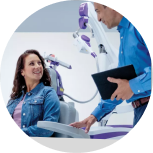
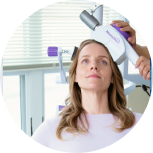
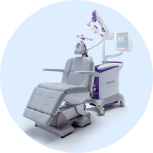

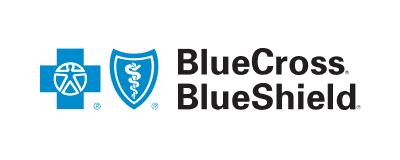


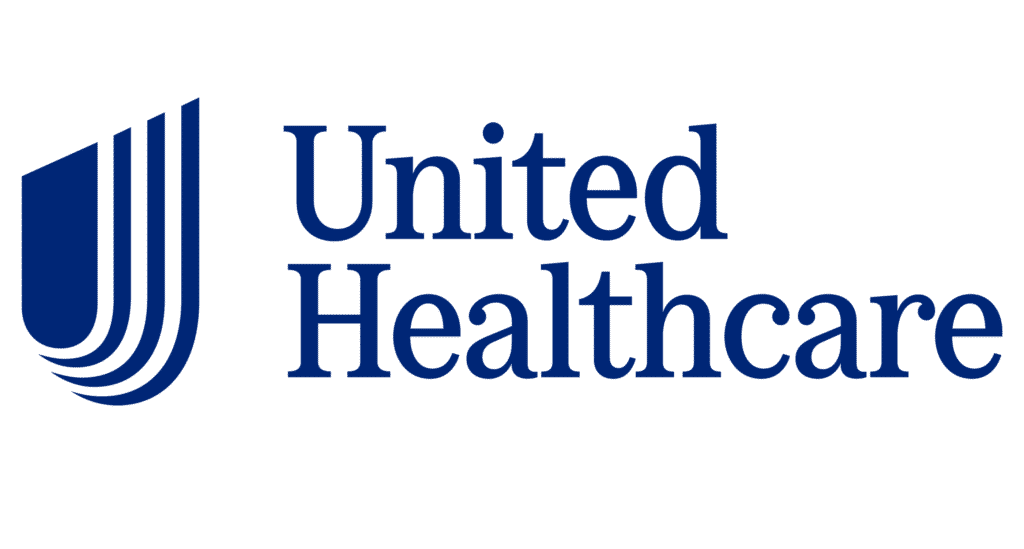
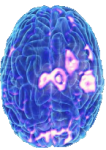
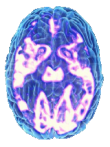
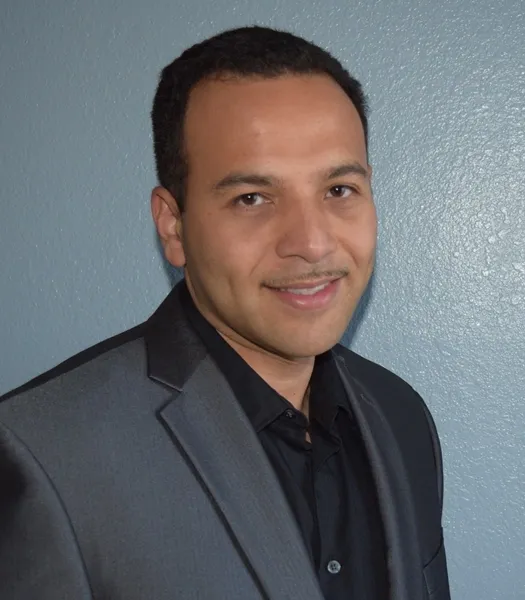
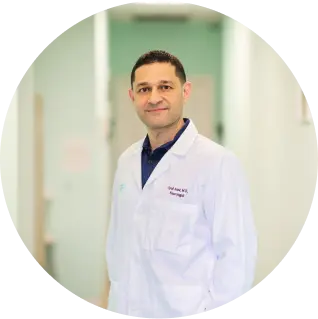
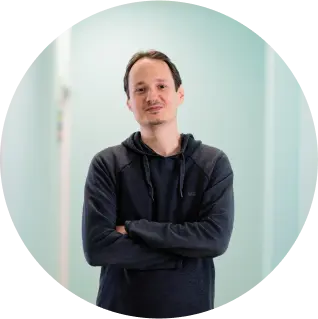
If you are interested in TMS or have been referred by a healthcare provider, please fill out the HIPAA compliant self-assessment below. The information you provide below, will help us determine if TMS/SPRAVATO® are feasible options for you. You will be contacted by our staff if more information is needed and, if suitable, we will schedule your comprehensive evaluation with our psychiatrist. When it comes to your TMS/SPRAVATO® evaluation with our doctor, you have a choice between an In-person or Telehealth appointment.
"*" indicates required fields